Spider veins, those thin, web-like blood vessels visible just beneath the skin’s surface, are a common cosmetic and medical concern—particularly on the legs. While they are usually harmless, they can cause discomfort and affect self-confidence, especially during warmer months when wearing dresses, skirts, or shorts is common. With advancements in modern aesthetic and medical treatments, effective solutions are now available to minimize and remove spider veins safely. Among the leading providers of advanced vein treatments is Dynamic Life Clinics, a renowned name in Dubai known for offering world-class cosmetic procedures with precision and care.
Understanding Spider Veins
Spider veins, medically known as telangiectasias, are small, dilated blood vessels that often appear red, blue, or purple. They form a web-like or branch-like pattern, most commonly found on the legs and sometimes on the face. While they are generally not a serious medical problem, they may indicate underlying vein issues in some cases.
Key Characteristics of Spider Veins
| Feature | Details |
|---|---|
| Appearance | Thin, thread-like lines resembling a spider web or tree branches |
| Color | Red, blue, or purple |
| Common Areas | Legs, thighs, ankles, face |
| Size | Smaller than varicose veins |
| Discomfort | May cause mild aching, itching, or burning sensation |
Causes of Spider Veins on Legs
Spider veins develop due to a combination of factors that weaken vein walls and valves. The following are the most common causes:
Genetics
A strong family history of vein problems increases your risk.
Prolonged Standing or Sitting
Jobs that require standing for long hours (e.g., nurses, teachers, retail workers) or sitting for extended periods can increase vein pressure.
Hormonal Changes
Pregnancy, menopause, and the use of hormonal birth control can trigger vein dilation.
Aging
As we age, vein elasticity decreases, making them more prone to damage.
Sun Exposure
UV rays can damage blood vessels, particularly on fair skin.
Obesity
Excess body weight increases pressure on leg veins.
Symptoms Associated with Spider Veins
While many people experience spider veins without symptoms, some notice:
- Mild swelling in the legs or ankles
- Aching or throbbing in the affected area
- Itching around the visible veins
- Cramping or restless legs at night
Spider Veins vs. Varicose Veins – What’s the Difference?
| Feature | Spider Veins | Varicose Veins |
|---|---|---|
| Size | Small and thin | Thick and bulging |
| Color | Red, blue, or purple | Dark blue or purple |
| Pain Level | Usually mild discomfort | Can be painful and cause swelling |
| Cause | Minor vein dilation | Damaged vein valves |
| Treatment | Minimally invasive | May require surgical intervention |
Modern Treatments for Spider Veins on Legs
Thanks to advancements in medical aesthetics, spider veins can be treated effectively and safely. Here are the most popular and proven options:
Sclerotherapy
- Procedure: A medical solution is injected directly into the vein, causing it to collapse and fade.
- Best for: Medium-sized veins on the legs.
- Downtime: Minimal; normal activities can be resumed quickly.
Laser Therapy
- Procedure: Uses focused light to heat and damage vein walls, causing them to close.
- Best for: Smaller spider veins, especially on the face and legs.
- Downtime: No downtime; multiple sessions may be required.
Endovenous Laser Treatment (EVLT)
- Procedure: A laser fiber is inserted into the vein, sealing it shut.
- Best for: Larger or deeper problematic veins.
- Downtime: Short recovery period.
Radiofrequency Ablation
- Procedure: Radiofrequency energy is used to heat and close veins.
- Best for: Larger spider veins or early varicose veins.
- Downtime: Minimal recovery time.
Prevention of Spider Veins on Legs
While not all spider veins can be prevented, lifestyle changes can reduce the risk:
- Exercise Regularly – Improves blood circulation in the legs.
- Elevate Your Legs – Helps reduce vein pressure after long periods of standing.
- Maintain a Healthy Weight – Reduces strain on the legs.
- Wear Compression Stockings – Improves blood flow and prevents pooling.
- Avoid Long Periods of Standing or Sitting – Take breaks to move around.
- Protect Skin from the Sun – Especially important for fair-skinned individuals.
At-Home Care Tips
While professional treatment is the most effective way to remove spider veins, these home remedies may help with mild symptoms:
| Method | Benefit |
|---|---|
| Cold Compress | Reduces swelling and discomfort |
| Gentle Leg Massage | Improves blood flow |
| Stretching Exercises | Prevents stiffness and improves circulation |
| Hydration & Balanced Diet | Keeps skin and veins healthy |
FAQ’s
Are spider veins dangerous?
Generally, no. They are mostly a cosmetic concern, but in rare cases, they may indicate an underlying vein condition.
Can spider veins go away on their own?
No, once formed, they typically do not disappear without treatment.
How many treatment sessions will I need?
It depends on the size, location, and severity of the spider veins. Most patients see results within 1–3 sessions.
Is spider vein treatment painful?
Most modern treatments cause minimal discomfort and require little to no downtime.
Can pregnancy cause spider veins?
Yes. Hormonal changes and increased blood volume during pregnancy can lead to vein dilation.
Conclusion
Spider veins on the legs are a common issue affecting both men and women, often caused by genetics, lifestyle, or hormonal changes. While they may not be a serious medical condition, they can impact confidence and comfort. With the latest treatment options like sclerotherapy, laser therapy, and radiofrequency ablation, it’s easier than ever to restore smooth, vein-free skin. Adopting preventive habits, such as regular exercise, weight management, and proper leg elevation, can help maintain long-term results. If spider veins are affecting your appearance or causing discomfort, seeking professional guidance from an experienced clinic ensures safe and effective care.

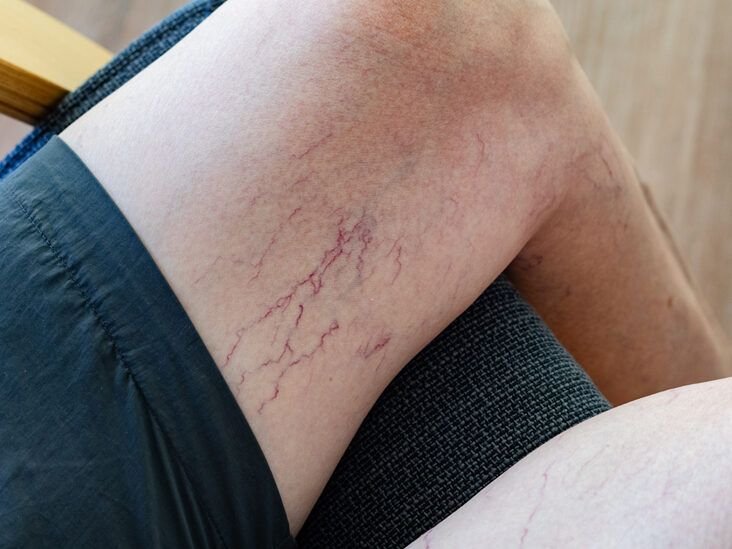
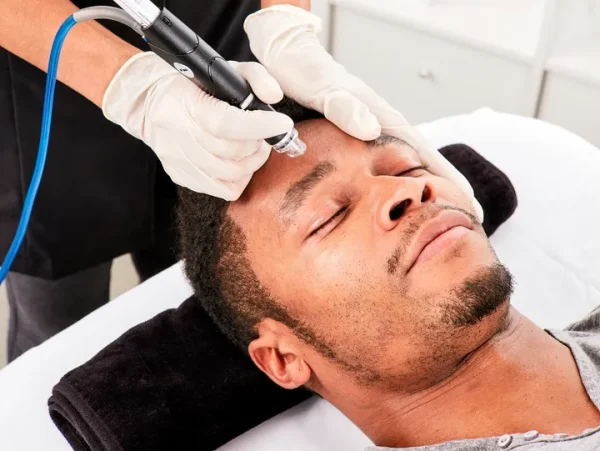
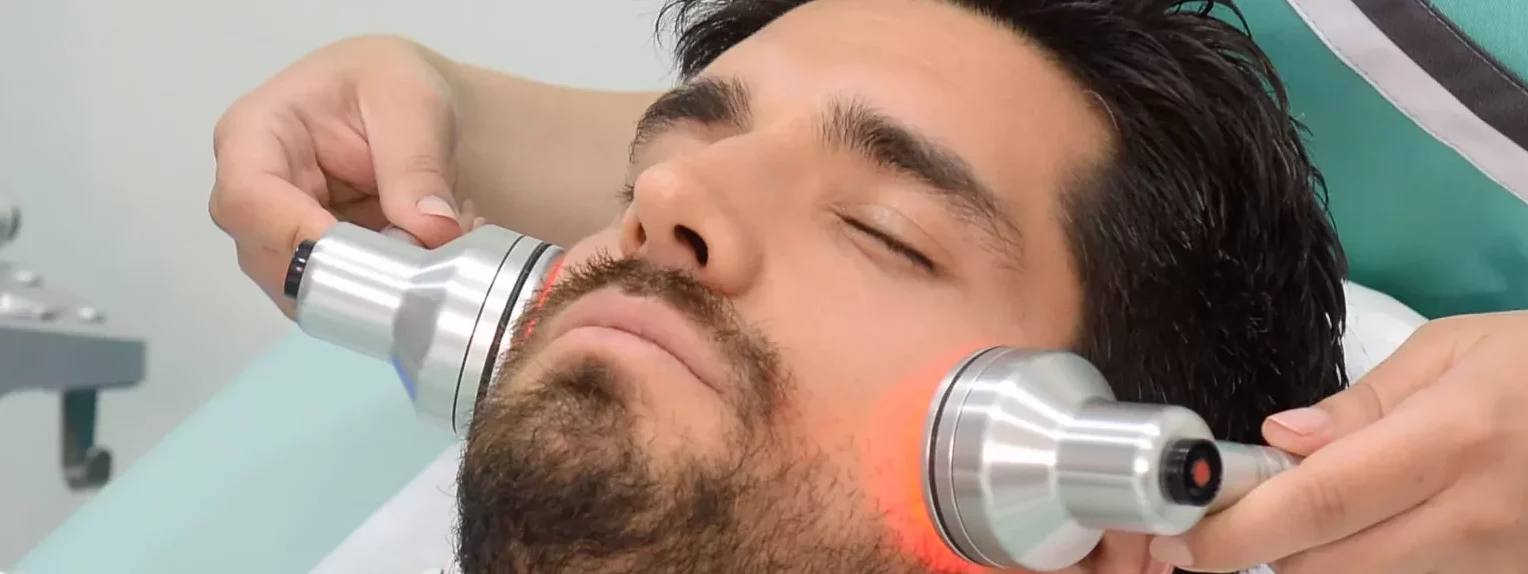
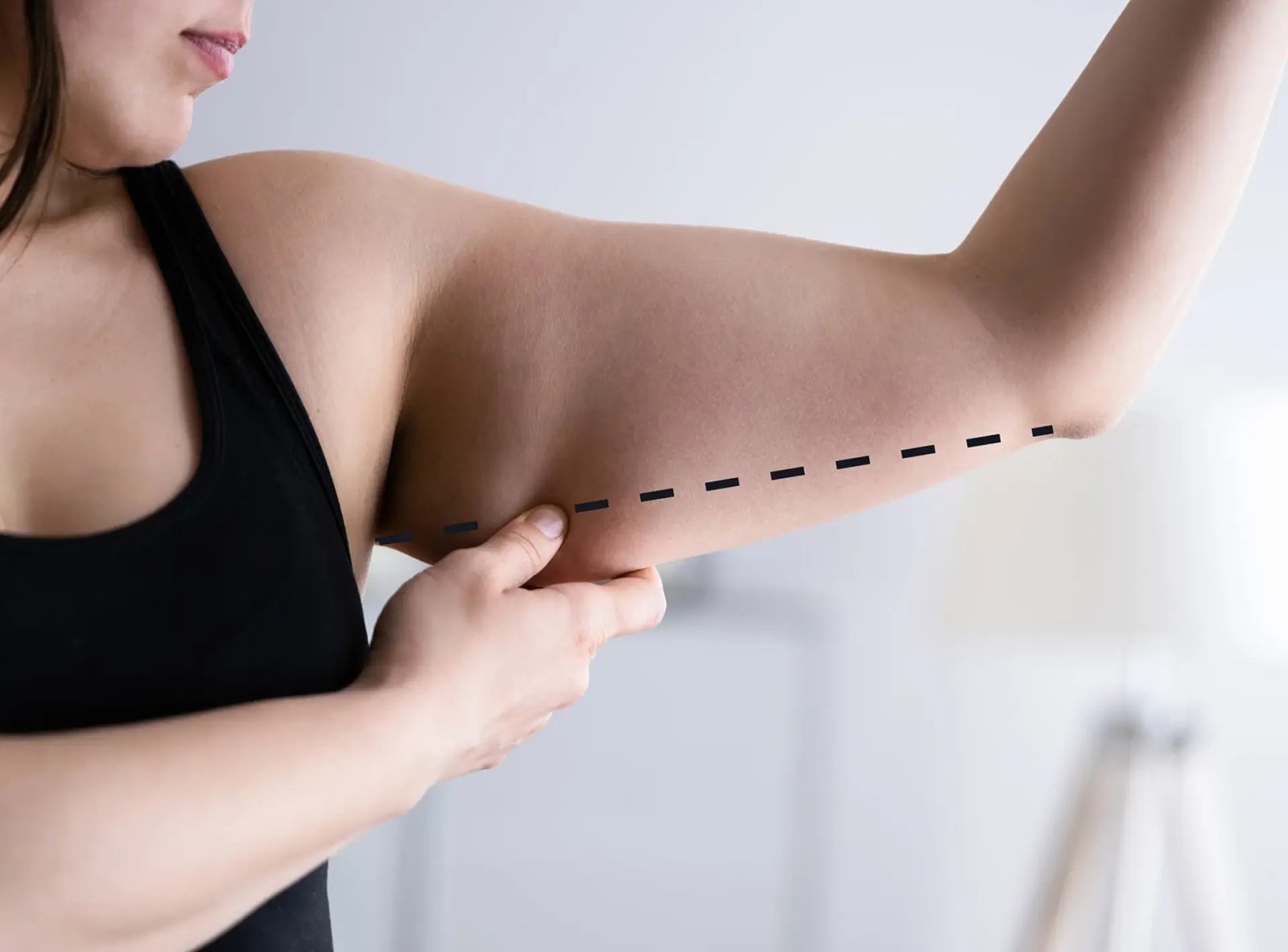
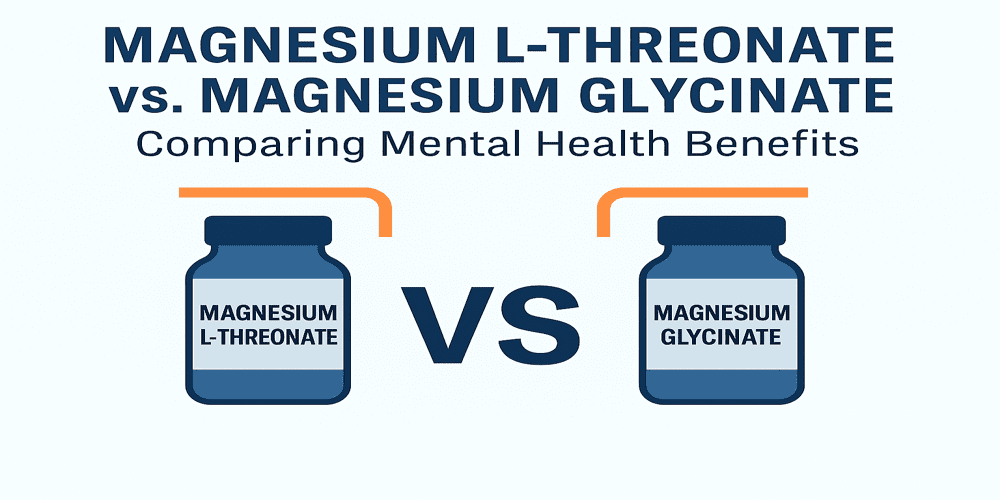
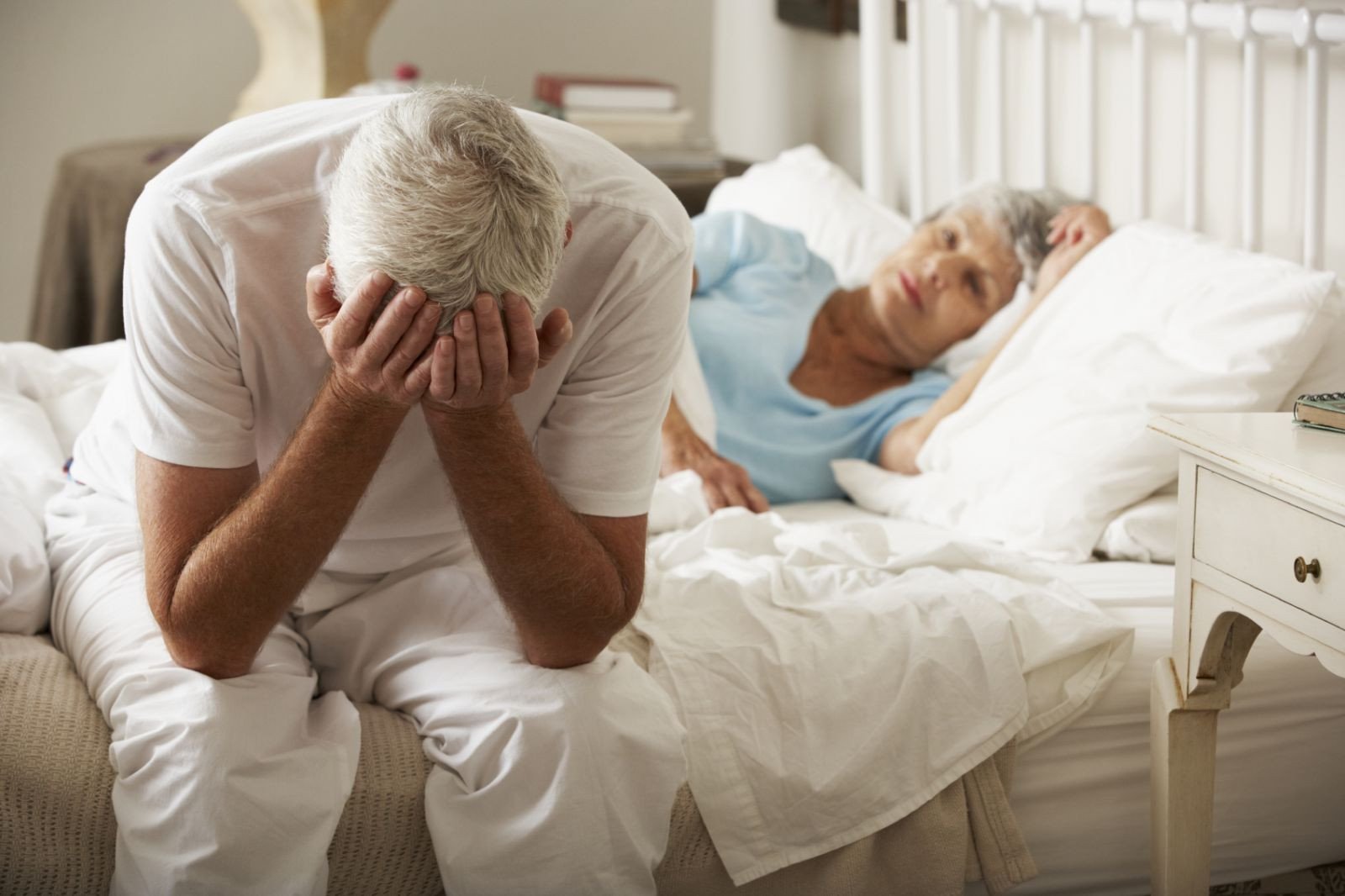
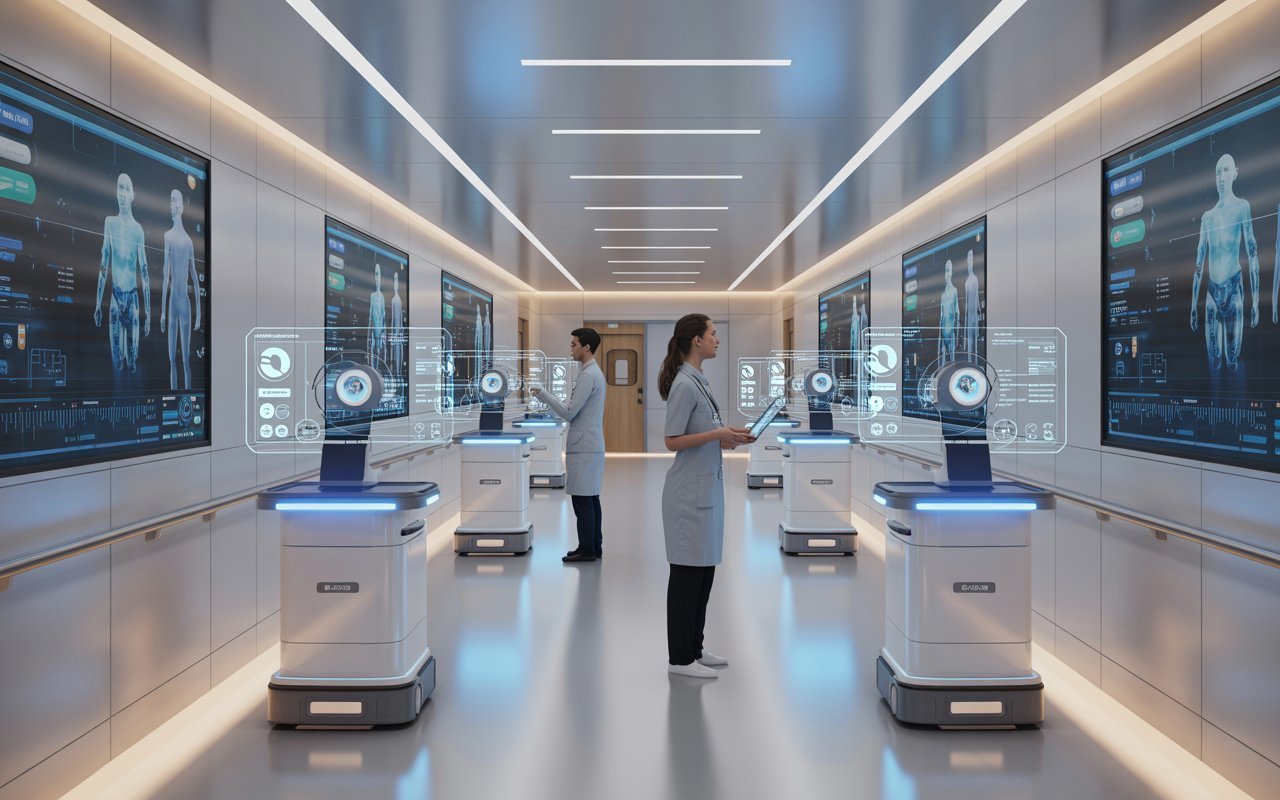






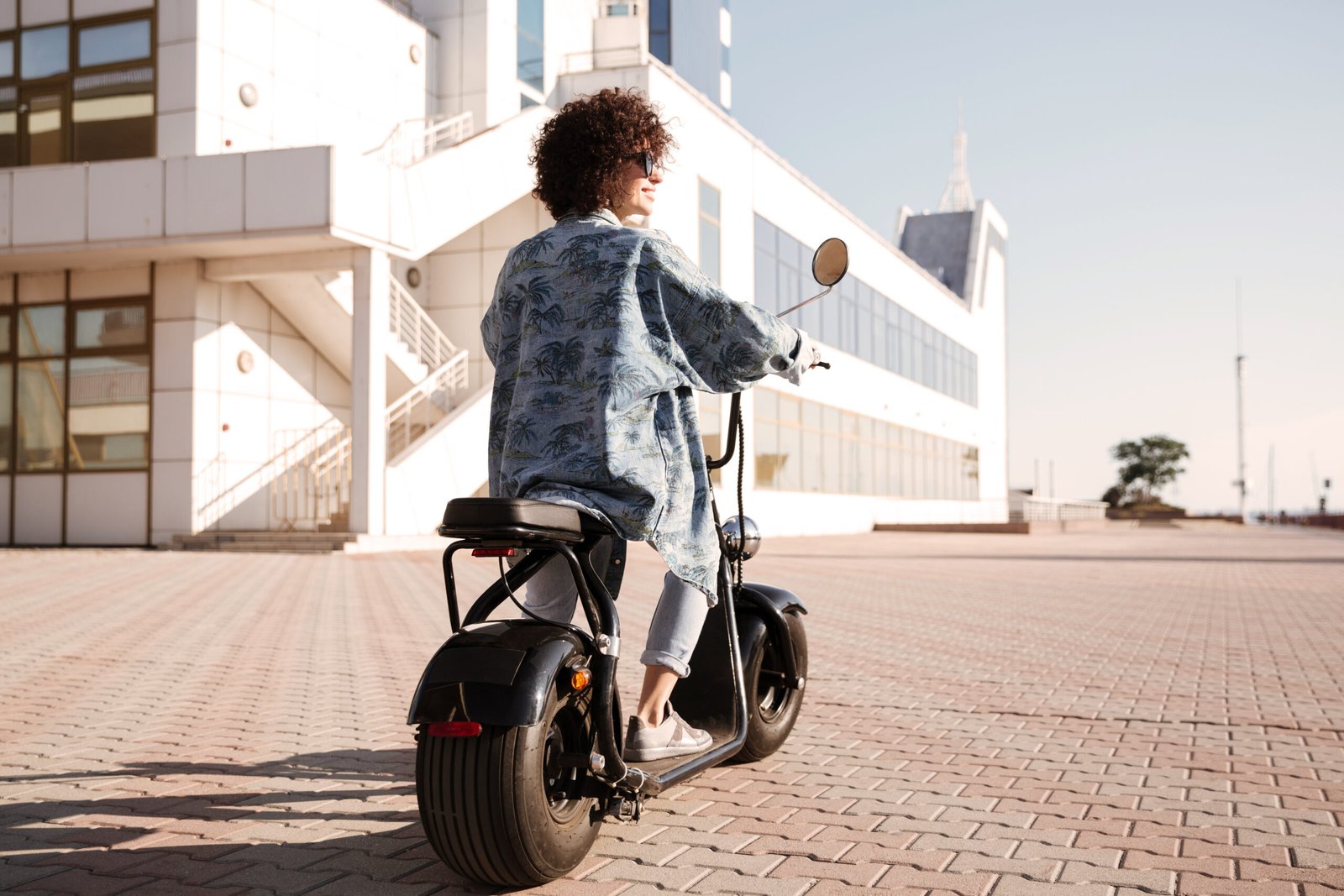
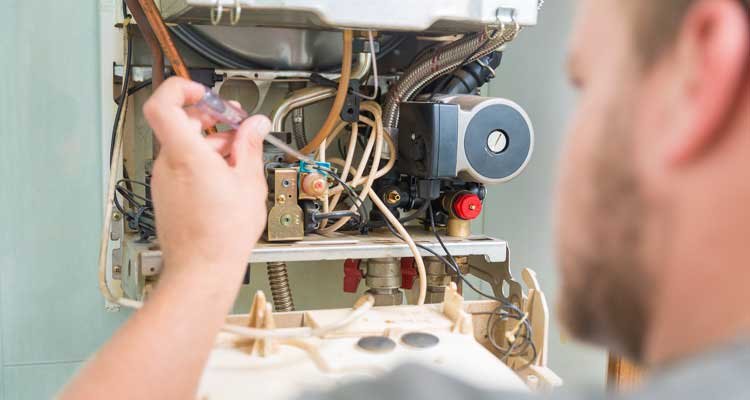
Leave a Reply